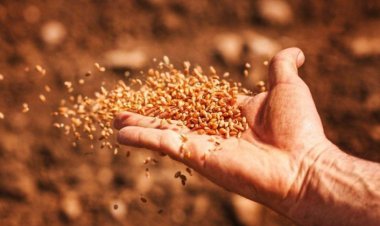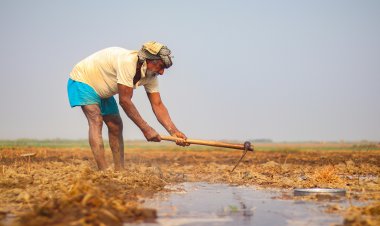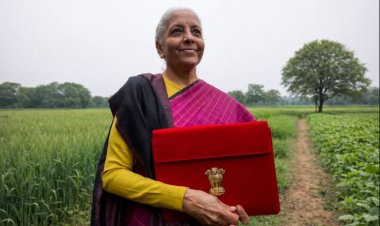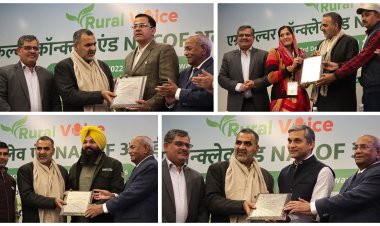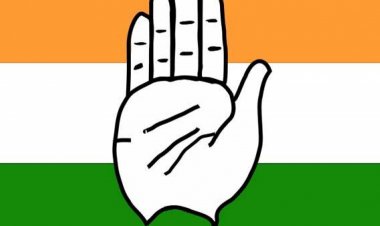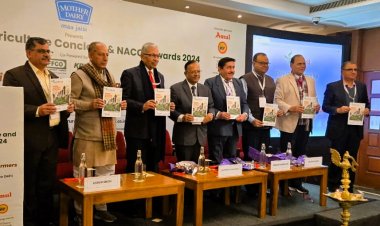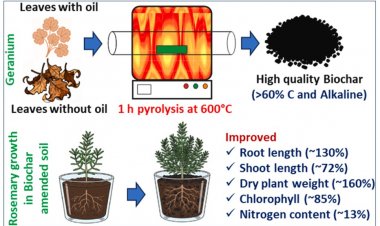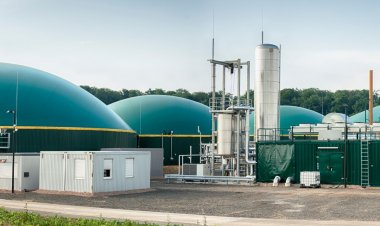SC on GM Mustard: Environmental harm cannot be undone, defers hearing on Centre's plea for withdrawal of undertaking
A bench comprising Justices BV Nagarathna and Ujjal Bhuyan deferred the hearing on the Centre's plea which said either it be discharged from the oral undertaking of November 2022 or, alternatively, the government be permitted to sow GM seeds this season at some sites. If the court discharges us from our undertaking, then we can proceed to sow the mustard seeds at the ten sites initially proposed and carry out the research. This court, while deciding this matter, will also have the benefit of our reports.
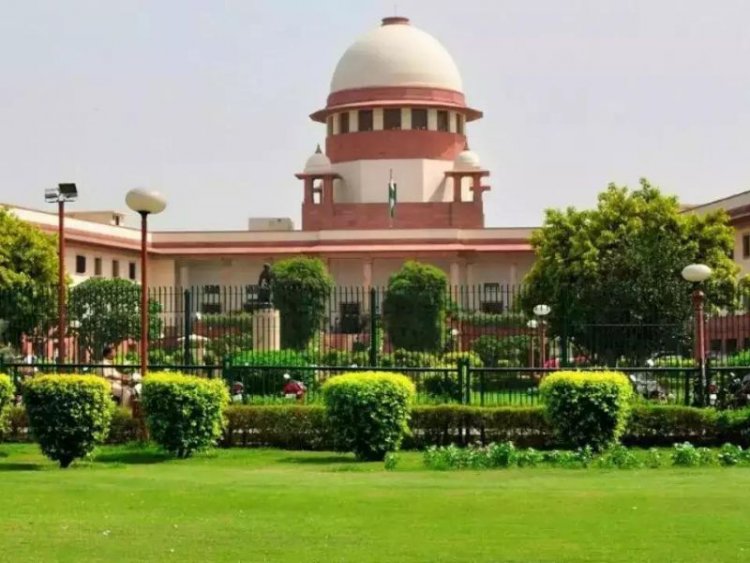
The Supreme Court Tuesday adjourned to September 26 the hearing of the Centre's plea seeking withdrawal of an oral undertaking by its law officer about not pressing ahead with commercial cultivation of genetically modified (GM) mustard. The apex court observed that environmental harm cannot be undone.
A bench comprising Justices BV Nagarathna and Ujjal Bhuyan deferred the hearing on the Centre's plea which said either it be discharged from the oral undertaking of November 2022 or, alternatively, the government be permitted to sow GM seeds this season at some sites. If the court discharges us from our undertaking, then we can proceed to sow the mustard seeds at the ten sites initially proposed and carry out the research. This court, while deciding this matter, will also have the benefit of our reports.
"Alternatively, at least, allow the government to sow the seeds at eight sites and place the report before this court," Additional Solicitor General Aishwarya Bhati, appearing for the Centre, said, adding the government did not want to lose another sowing season. The court, however, sought to remind her how difficult it was to undo the harm caused to the environment.
One year here or there does not matter. This is only one season. Next year there will be another season. However, environmental harm cannot be reversed. We will have to hear the application and consider it, the bench said, while deferring the plea for hearing on September 26. At the outset, the law officer referred to the circumstances under which the oral undertaking was made on behalf of the Centre. The seeds were already sown in eight out of 10 sites when the apex court asked the Centre not to take any "precipitative action" as the case was to be listed for final hearing in November 2022.
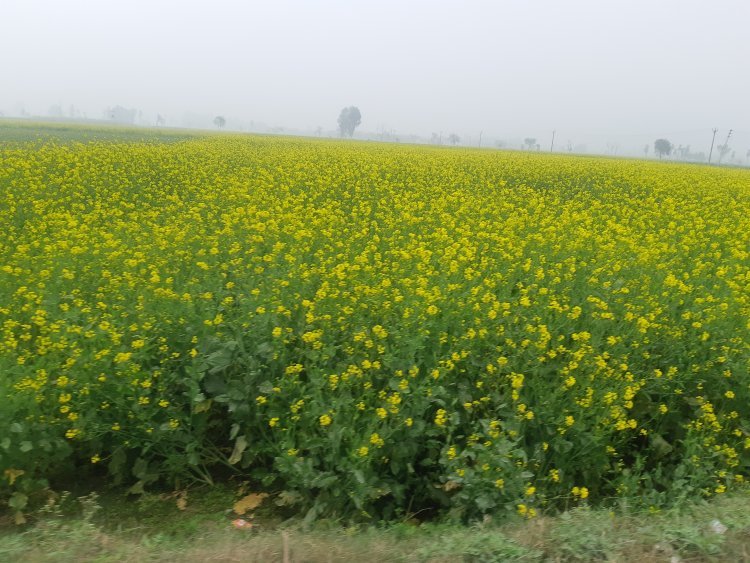
The next sowing season was also one year away. This undertaking was made under these circumstances. We are at the last phase of research. This is not a commercial release, but an environmental release, the law officer said. The bench asked as to what will then remain to be decided if the Centre is discharged from its undertaking that it will not go ahead with commercial cultivation of GM mustard. Nothing will change in these three weeks, the bench said while adjourning the hearing.
Lawyer Prashant Bhushan, appearing for activist Aruna Rodrigues, objected to the submissions by the Centre and said the environmental release of GM mustard may lead to contamination of non-genetically modified crops. Earlier, the top court had sought the response of NGO 'Gene Campaign' and others on the Centre's plea seeking withdrawal of its oral undertaking. The Centre, in a fresh application filed in the pending cases, has sought withdrawal of the oral undertaking. Lawyer Aparna Bhat, appearing for the NGO, sought time to file the response.
On November 3, 2022, the top court had ordered status quo on the decision of the Genetic Engineering Appraisal Committee (GEAC) to approve GM Mustard for commercial cultivation. It had asked the government to ensure that "no precipitative action" is taken until an application filed before it on the issue has been heard. The top court had earlier observed it was more concerned about the risk factors than anything else when it comes to the conditional approval granted by the Centre for environmental release of GM mustard.
On October 25 last year, the Genetic Engineering Appraisal Committee (GEAC) under the Union environment ministry had approved the environmental release of transgenic mustard hybrid DMH-11 and the parental lines containing barnase, barstar and bar genes so they can be used for developing new hybrids. The apex court is hearing separate pleas by activist Aruna Rodrigues and NGO 'Gene Campaign' seeking a moratorium on the release of any genetically modified organisms (GMOs) into the environment pending a comprehensive, transparent and rigorous bio-safety protocol in the public domain conducted by independent expert bodies the results of which are made public.
Attorney General R Venkataramani, appearing for the Centre, had referred to the timeline of conditional approval for environmental release of transgenic mustard hybrid DMH-11 and said all relevant aspects were deliberated upon and considered. The Centre had said the government has followed all regulatory processes as per the framework recommended by the Technical Expert Committee (TEC) appointed by the court.
Bhushan had, however, submitted that the seeds of GM mustard have started germinating after their environmental release and, before the plants start flowering in a few weeks, they must be uprooted to prevent the environment from getting irreversibly contaminated. At a meeting on October 18 last year, the GEAC, the country's regulator for genetically modified organisms, recommended the environmental release of mustard hybrid DMH-11 for seed production and testing "as per the existing ICAR guidelines and other extant rules/regulations before commercial release".
The transgenic mustard hybrid DMH-11 has been developed by the Centre for Genetic Manipulation of Crop Plants (CGMCP) at Delhi University. The government has so far approved only one GM crop- Bt cotton- for commercial cultivation in 2002.



 Join the RuralVoice whatsapp group
Join the RuralVoice whatsapp group

















